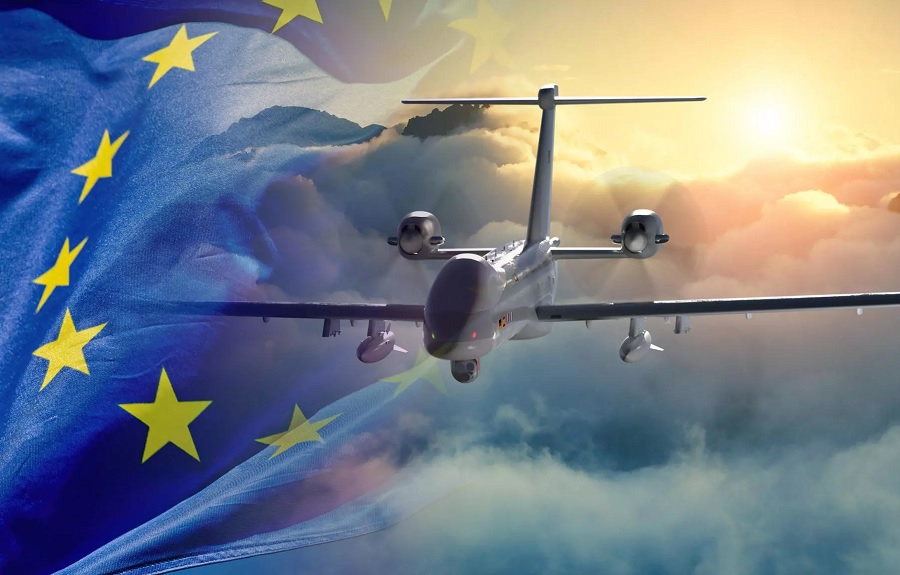20 January 2025Some of trump's executive orders for day oneAlex Krainer on Trump's strategies for the Middle East and EuropeAlex Krainer, days of thunder begin todayBannon confirmed that Trump and his team will go on the offensive from day one in office. "The days of thunder begin on Monday," he said, and the world will not be the same again. Bannon wasn't talking about Trump going on the offensive against the Chinese, Iranians or the Russians. Trump...
Monday, 20 January 2025
Sunday, 19 January 2025
THE COLD WAR AND THE FOUNDATIONS OF PAN EUROPEAN SECURITY

20 January 2025The Cold War and the Foundations of Pan-European Security
During the Cold War, the international system was structured under zero-sum conditions. Two opposing power blocs—capitalist West and communist East—depended on military alliances to maintain bloc discipline and security dependence among allies.Despite the rivalry, there were incentives to reduce tensions, given the risks of nuclear war.
The Helsinki Accords...
Saturday, 18 January 2025
EUROPEAN SECURITY AND DEFENCE

18 January 2025
We keep talking about how Trump wants to pull America out of NATO, or at least make the Europeans pay a lot more for American protection and take more responsibility - not just financially - for their own defence.But how realistic is any of this? I can’t see NATO staying together if America pulled out, and I don’t think that’s desirable either. Europe is headless, the famous Franco-German couple is broken, and there would...
Wednesday, 15 January 2025
UKRAINE UPDATE JAN 2025
16 January 2025NATO was set up to secure Europe from Russia and Germany. Has it fulfilled its mission? Not really. NATO provoked this war by breaking its not-one-inch-east promise at the end of the cold war. NATO rejected Russia’s reasonable security concerns, welched on Minsk, sabotaged Istanbul, and for three years refused to talk to Russia. In 2008 it promised that Ukraine would join NATO and in 2014, NATO supported the coup in Kiev, despite strong advice that this would lead to war.As to Ukrainians themselves, most did not support...
THE PERILS OF ESCALATION WITH RUSSIA

15 January 2025
The Perils of Escalation with Russiahttps://youtu.be/rq4J8kXvWfA?si=z-IKsxUcRkTWdXAgThe article warns of the risks of continued Western escalation in the Ukraine conflict, highlighting the potential consequences of misinterpreting Russia's threats and capabilities.1. Escalation Misconceptions:The West’s pattern of dismissing Russia’s deterrent threats has led to complacency, with many viewing Putin’s nuclear rhetoric as...









